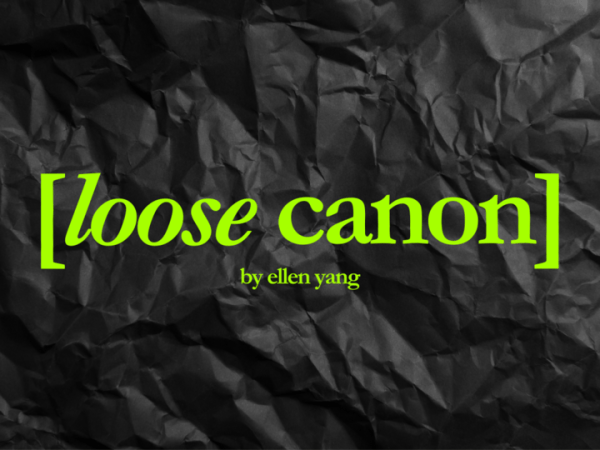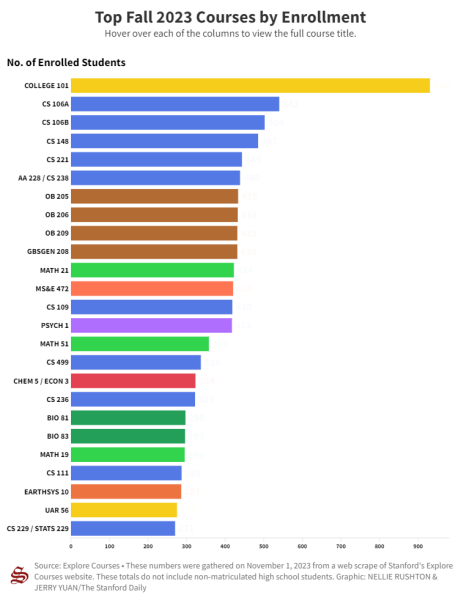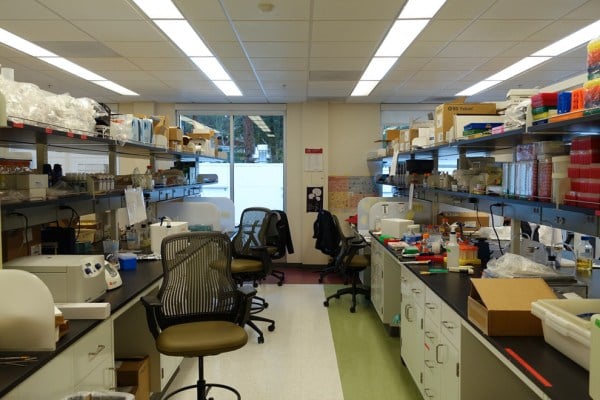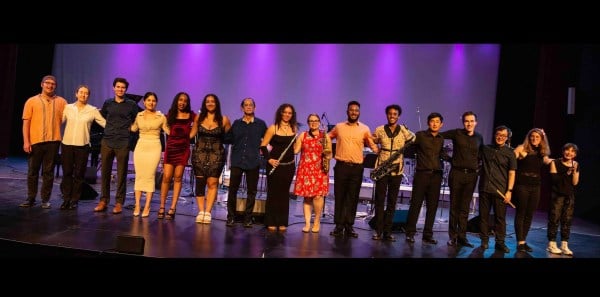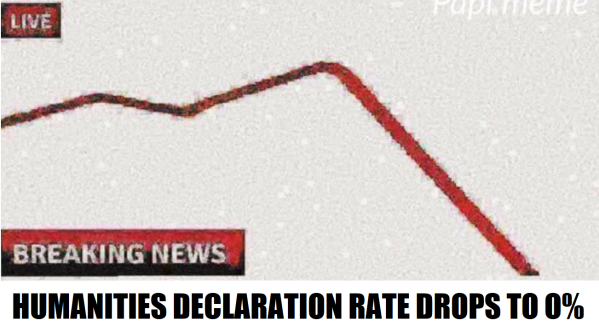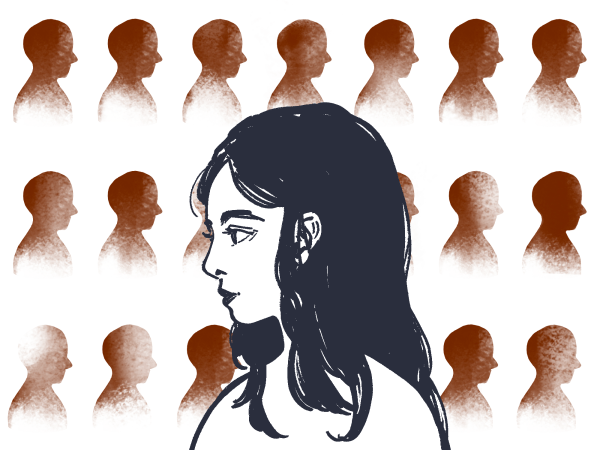Showing search results for:
complexity theory
Filter by Section
Feb. 15, 2023
With the exception of COLLEGE 102, the ten most-enrolled courses for winter quarter are all STEM subjects.
April 21, 2020
I am not here to tell you to stop building. What I am here to do is slap a large, glaring asterisk onto a well-intentioned polemic that is equal parts inspirational and obtuse.
By Jason Zhao
May 13, 2020
Facebook says the organizing of stay-at-home protests qualifies as “harmful misinformation” and will therefore be removed. This latest move is among other recent efforts that show the company is becoming more willing to take on the responsibility of content moderation, at least in the wake of worldwide pandemic.
March 3, 2020
Should more and larger companies file for PBC status if their work significantly impacts social life, the environment, or the political sphere?
By Avery Rogers
Feb. 3, 2020
Ananya Karthik discusses the importance of algorithmic hygiene in creating an inclusive digital future.
April 12, 2024
Researchers “spill the tea” on why gossiping may promote social cooperation.
By Sarayu Pai
Oct. 31, 2023
In this installment of "Loose Canon," Ellen Yang explores advice columns of the past and how the genre has been reshaped to fit today's consumerist, literary habits.
By Ellen Yang
Nov. 2, 2023
STEM subjects continue to dominate 2023 fall quarter enrollment rankings, with five of the top 10 most enrolled courses belonging to the computer science department.
By Nellie Rushton and Jerry Yuan
Oct. 16, 2023
Stanford researchers used assembloids and CRISPR screening to isolate and understand which genes lead to developmental disorders.
By Shreya Komar
Nov. 22, 2019
On June 18, Facebook formally announced plans to build Libra, a cryptocurrency available to Facebook users around the world, in partnership with high-profile companies like Visa, Stripe, PayPal, Uber, and Lyft.
By Avery Rogers
Feb. 3, 2020
Adrian Liu critiques Facebook's privacy practices, reflecting on whether or not the general thesis held by privacy scholars that often informs consent — the idea that privacy involves transparency and choice — is a viable privacy model for internet platforms.
By Adrian Liu
Nov. 8, 2019
According to Fiesler, the “I am just an engineer” problem is caused by the common way computer science is taught, which treats ethics as its own specialization. She thinks ethics should be taught as part of the technical practice, rather than in its own class as is done at Stanford.
By Dilara Soylu
Dec. 4, 2023
Created to showcase cultural music that stems from the global African Diaspora, the ensemble brings together musicians of various backgrounds in concert.
By Erin Ye
Oct. 25, 2019
“Complexity Theory” is a series on ethics and technology, a collaboration between Stanford students with a range of backgrounds but a shared worry. We aim to shine more light on the apparent intractabilities, the technical subtleties, and the real difficulties of technology ethics.
By Adrian Liu
Oct. 19, 2022
By the time graduation comes around, those humanities majors are likely to be destined for starvation and the streets.
By Eric Heng
Nov. 1, 2019
What if we instead considered: how should we think about privacy standards, and by such standards, how did Facebook fare? What we find, I will argue, is that Facebook used a notion of privacy tailored to its own practices, and one out of line with our considered intuitions on what it should mean to protect privacy.
By Adrian Liu
Sept. 25, 2022
Learning about the Mandela Effect sparked my interest in psychology and how our brains play tricks on us. Moreover, it taught me how complex our cognitive abilities can be and how collective false memories can occur, writes Laurie Chow.
By Laurie Chow
Oct. 5, 2023
The recently released movie is a unique, if sometimes flat, exploration of the complexity of female sexuality, writes Blyss Cleveland.
Sept. 25, 2023
In her piece "People I used to know," Michelle Fu explores the concept of change and reflects on the people who have passed through her life.
By Michelle Fu
No additional search results found.







